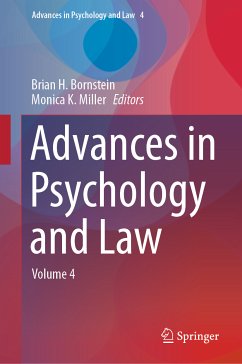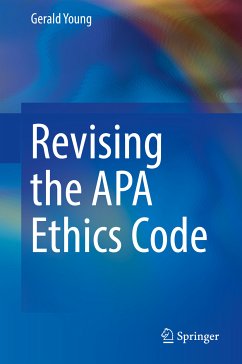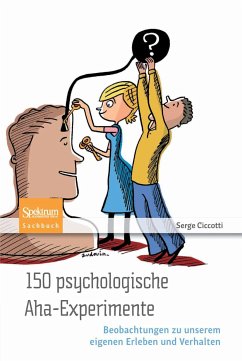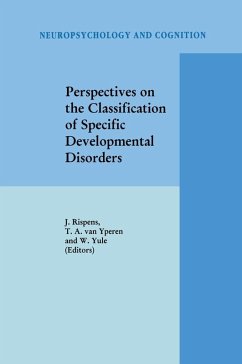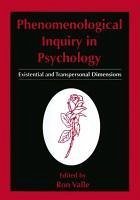
Advances in Psychology and Law (eBook, PDF)
Volume 2
Redaktion: Bornstein, Brian H.; Miller, Monica K.
Versandkostenfrei!
Sofort per Download lieferbar
72,95 €
inkl. MwSt.
Weitere Ausgaben:

PAYBACK Punkte
36 °P sammeln!
As with its esteemed predecessor, this timely volume offers ways of applying psychological knowledge to address pressing concerns in legal procedures and potentially to reduce criminal offending. In such areas as interrogations, expert testimony, evidence admissibility, and the "death qualification" process in capital trials, contributors offer scientific bases for trends in suspect, witness, and juror behavior and identify those practices liable to impinge on just outcomes. Recommendations span a wide range of research, practice, and policy areas, from better approaches to assessment to innov...
As with its esteemed predecessor, this timely volume offers ways of applying psychological knowledge to address pressing concerns in legal procedures and potentially to reduce criminal offending. In such areas as interrogations, expert testimony, evidence admissibility, and the "death qualification" process in capital trials, contributors offer scientific bases for trends in suspect, witness, and juror behavior and identify those practices liable to impinge on just outcomes. Recommendations span a wide range of research, practice, and policy areas, from better approaches to assessment to innovative strategies for reducing recidivism. The interdisciplinary perspectives of these chapters shed salient light on both the reach of the issues and possibilities for intervening to improve the functioning of the justice system.
Among the topics covered:
· The validity of pleading guilty.
· The impact of emotions on juror judgments and decision making.
· The content, purpose, and effects of expert testimony on interrogation practices and suspect confessions.
· A synthetic perspective on the own-race bias in eyewitness identification.
· Risk-reducing interventions for justice-involved individuals.
· Criminal justice and psychological perspectives on deterring gangs.
As a means to spur research and discussion, and to inspire further collaboration between the fields, Volume 2 of Advances in Psychology and Law will interest and intrigue researchers and practitioners in law-psychology as well as practicing attorneys, trial consultants, and clinical psychologists.
Among the topics covered:
· The validity of pleading guilty.
· The impact of emotions on juror judgments and decision making.
· The content, purpose, and effects of expert testimony on interrogation practices and suspect confessions.
· A synthetic perspective on the own-race bias in eyewitness identification.
· Risk-reducing interventions for justice-involved individuals.
· Criminal justice and psychological perspectives on deterring gangs.
As a means to spur research and discussion, and to inspire further collaboration between the fields, Volume 2 of Advances in Psychology and Law will interest and intrigue researchers and practitioners in law-psychology as well as practicing attorneys, trial consultants, and clinical psychologists.
Dieser Download kann aus rechtlichen Gründen nur mit Rechnungsadresse in A, B, BG, CY, CZ, D, DK, EW, E, FIN, F, GR, HR, H, IRL, I, LT, L, LR, M, NL, PL, P, R, S, SLO, SK ausgeliefert werden.
Alle Preise in Euro und inkl. der gesetzl. MwSt. | Innerhalb Deutschlands liefern wir preisgebundene Bücher versandkostenfrei. Weitere Informationen: bitte hier klicken
Support
Bitte wähle dein Anliegen aus:
Rechnungen
Bestellstatus
Retourenschein
Storno




